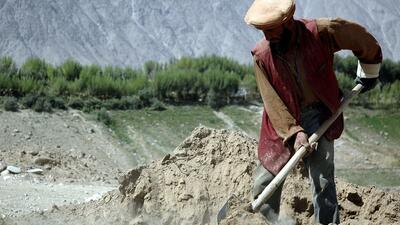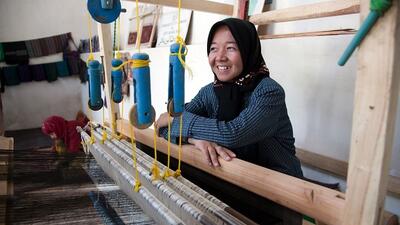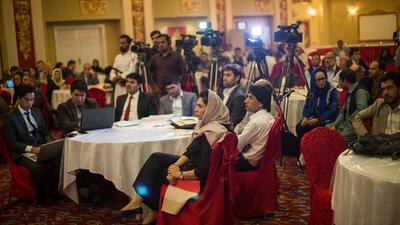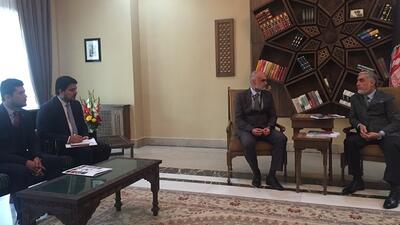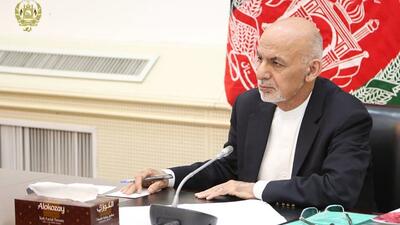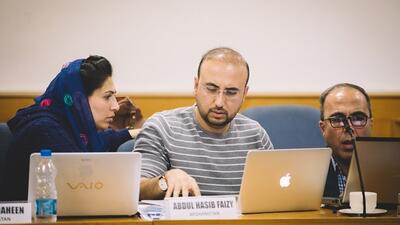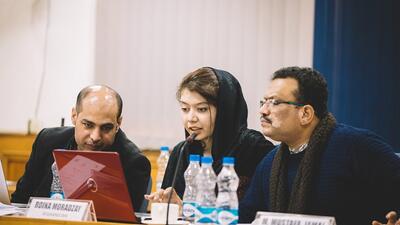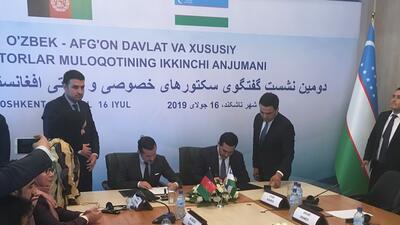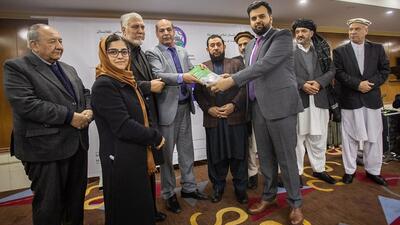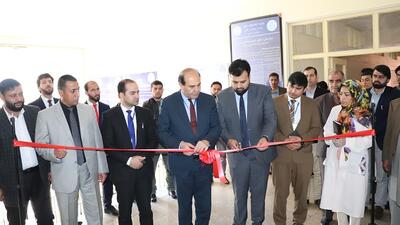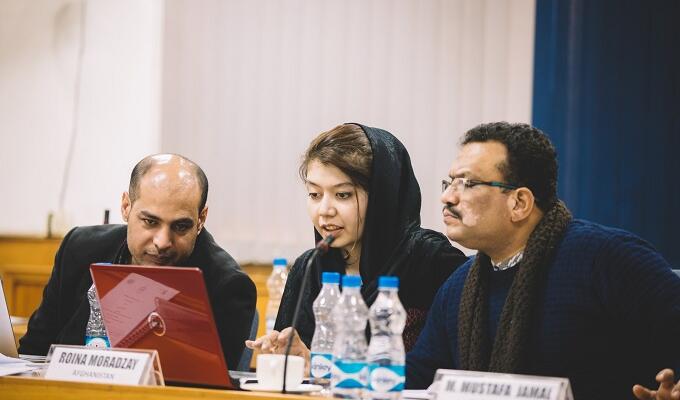
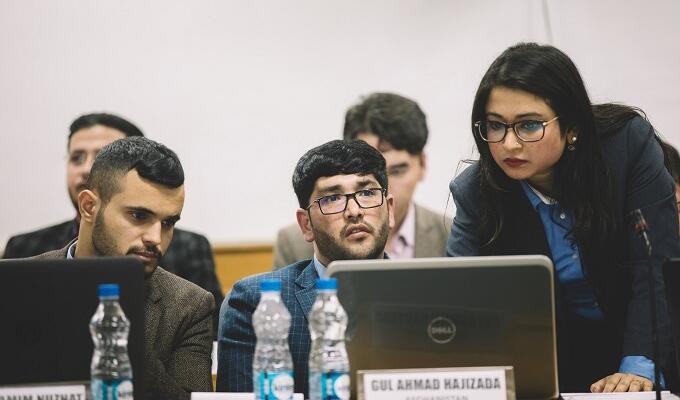
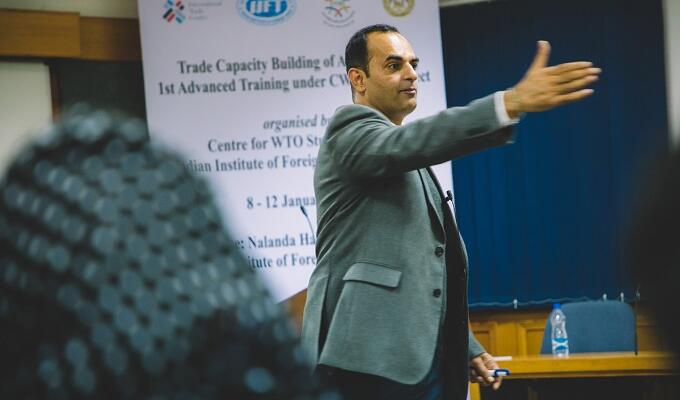
Two-year training programme for Afghan trade policymakers concludes in New Delhi (en)
Trade officials and academics from Afghanistan have completed a training programme aimed at bolstering the country’s capacity to formulate policy, carry out regulatory reforms, and become more competitive in regional and international markets.
Over a two-year period, 40 representatives from the Afghan Ministry of Industry and Commerce (MoIC), business associations and academia participated in the programme, based at the Centre for WTO Studies at the New Delhi-based Indian Institute for Foreign Trade. The second intake of 20 participants last week received certificates for their completion of the seven-month programme.
The trade policy capacity building programme is part of the European Union-funded Advancing Afghan Trade project, a multi-year initiative implemented by the International Trade Centre to support policy and regulatory reforms aimed at improving Afghanistan’s competitiveness in international markets.
Subjects covered included key principles of World Trade Organization law, Afghanistan’s schedule of WTO tariff commitments, access terms in foreign markets, agriculture, trade remedies, standards and regulations, and services trade. The training approach emphasised the sharing of best practices, so that Afghan officials could learn from relevant Indian experiences with regard to formulating trade policy, obtaining private sector input, and operating free trade zones.
Zabihullah Mudabber, who is responsible for WTO affairs within Afghanistan’s Ministry of Industry and Commerce, said the training programme “provided unique opportunities for the participants, including how to better handle the issues rising from Afghanistan's accession to the WTO, to understand the benefits and costs of Afghanistan's accession to WTO and the complexity of WTO's work.” He said that participants’ increased familiarity with WTO issues would enhance their performance as they work to implement the country’s WTO commitments and bolster the country’s participation in international trade.
The training programme included a study tour designed to shed light on how officials from Indian ministries, customs agencies, business associations, trade promotion agencies and special export zones view trade-related challenges.
“I have a better awareness of the costs and benefits of Afghanistan's membership and the legal dimensions of Afghanistan accession to WTO,” said Shabnam Hamrah, a legal specialist within the ministry’s WTO directorate. “The knowledge and skills I acquired in this training has helped me considerably in my job as legal specialist at MoIC’s WTO department."
Afghan academics also participated in the training programme, with a view towards strengthening the coverage of WTO issues within the country’s educational institutions. Ahmad Fardin Sediqi said that the economics faculty of Kabul University, where he is a lecturer, was about to make the WTO a subject in its curriculum. “This training has been very useful for me to acquire subject knowledge on WTO and share it with our students,” he said. Sediqi added that the training course would help him and his colleagues set up a Centre for WTO Studies at Kabul University, in turn building the country’s long-term trade policymaking capacity.
Two participants will complete an internship at the Centre for WTO Studies in New Delhi, which will entail work with the Indian commerce department.
For a short film of the training initiative, click here, and for interviews of participant undertaking the training, click here.
For more information about the Advancing Afghan Trade project, please visit http://www.intracen.org/AAT/.




